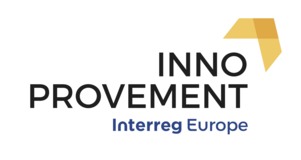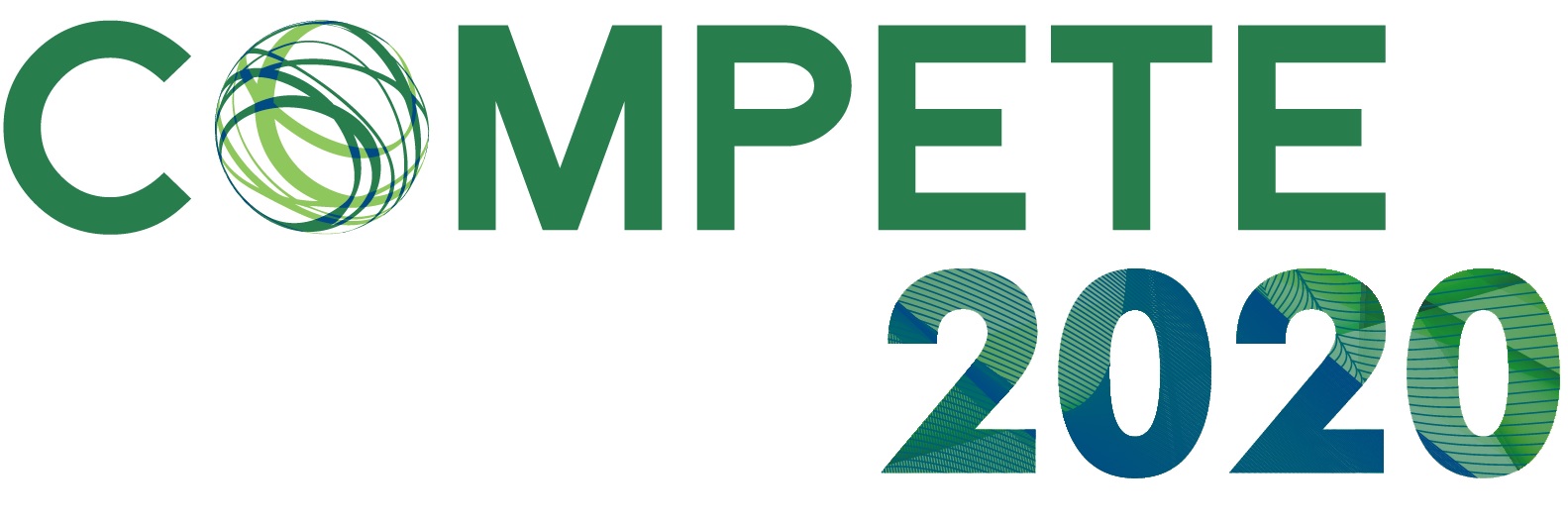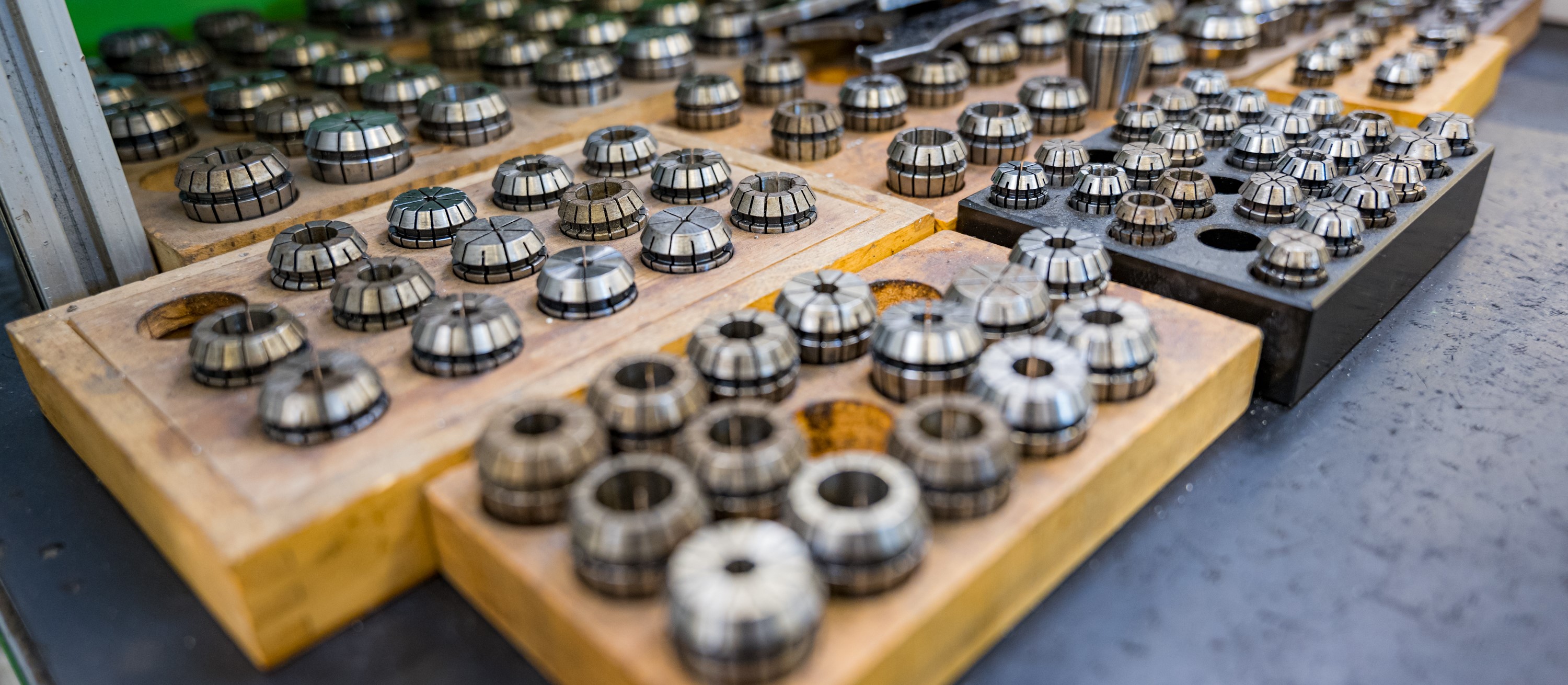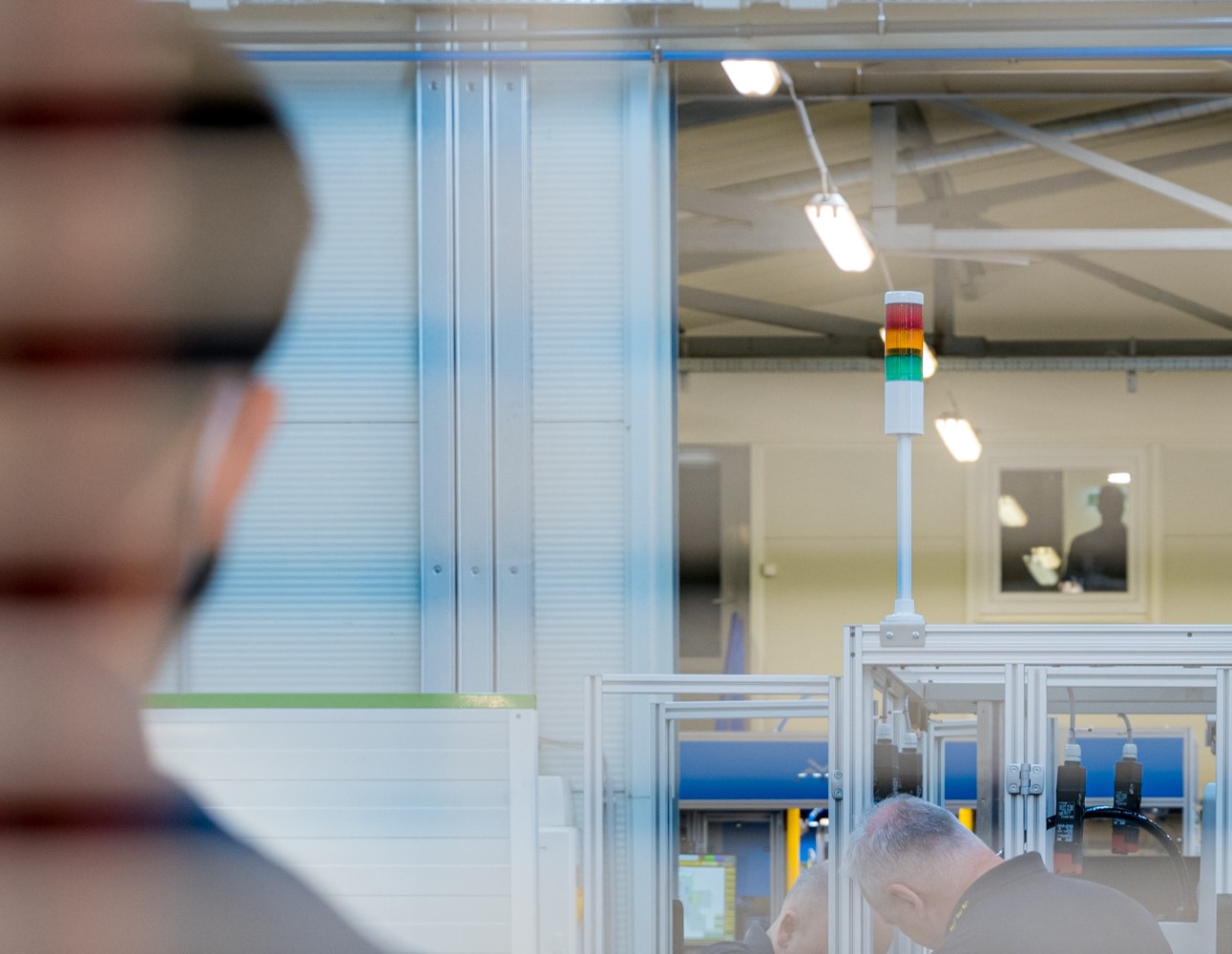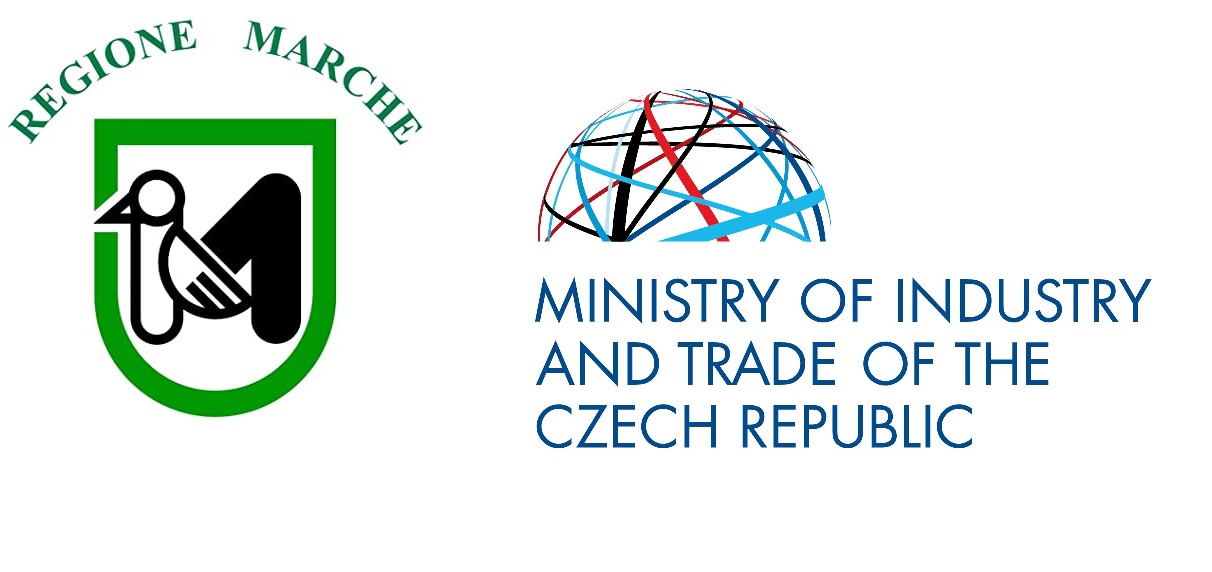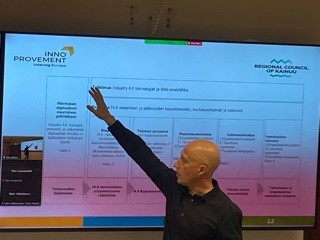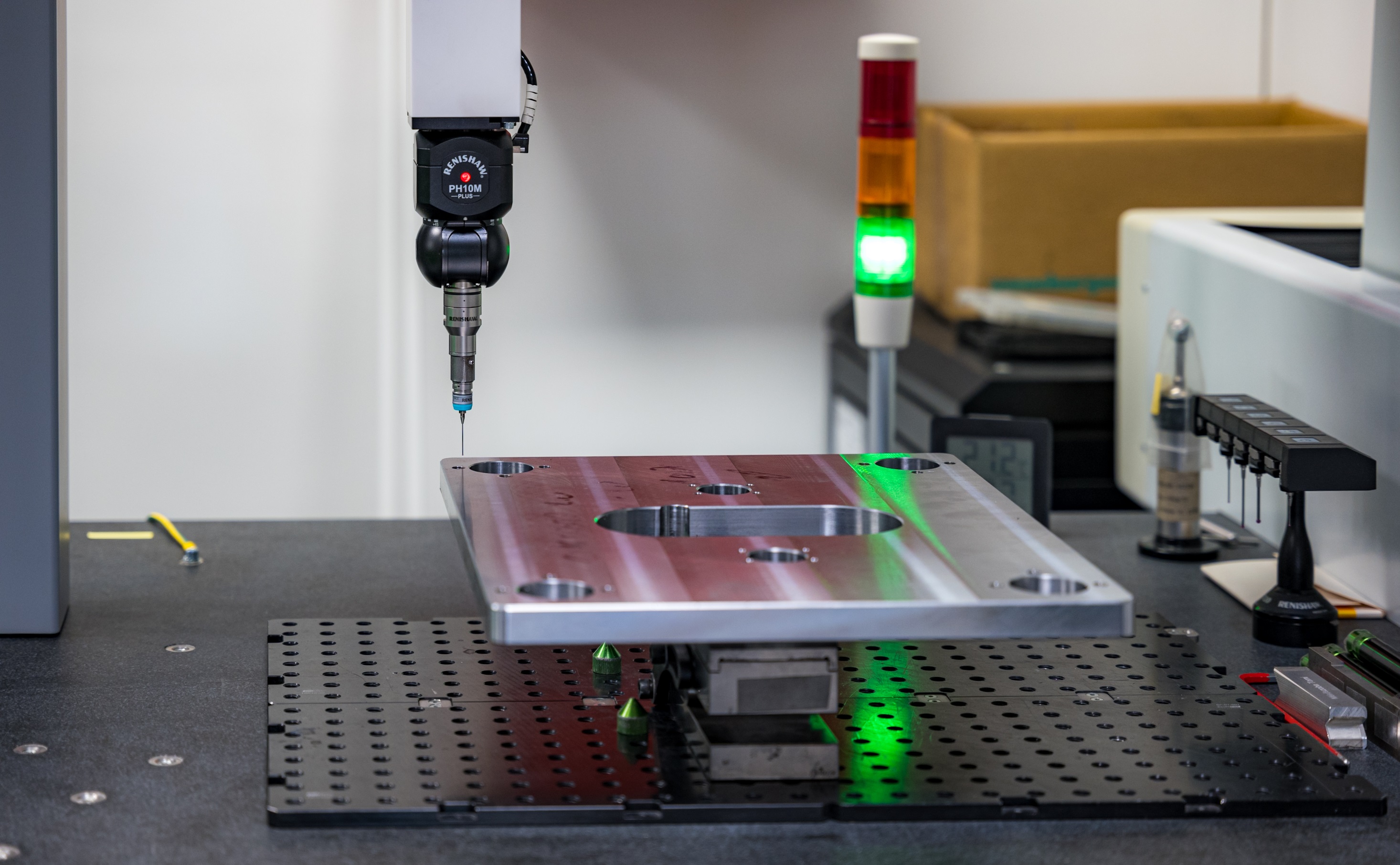Digital preparedness of Hungarian SMEs lags significantly behind European peers and large companies. Missing the adoption of suitable Industry 4.0 solutions brings along decline in competitiveness. High share of SMEs is not even prone to listen to or study advantages that Industry 4.0 solutions can yield therefore one needs find innovative ways to raise their attention.
To this end the event called “Night of Industry 4.0 model factories” was launched as part of a complex project aiming at facilitating the digital transformation of Hungarian SMEs in Hungary in 2017. On the “Night of Industry 4.0 model factories”, pre-selected, best performing companies open up their shopfloors to SMEs and any other interested participants for one night (4:00 – 10:00 pm) all over Hungary. On the shopfloors I4.0 solutions in operation are shown and explained in everyday language by experts. Aim of the event is threefold: (1) raise the visibility of transforming companies for each other’s attention to facilitate future collaboration; (2) introduce the practice of digitalisation to the potential employees and also to the local community; (3) prove that digitalisation improves working environment of industrial business for white- and blue-collar workers, too.
The event had growing success from year to year (2017 – 25 companies, 2000 participants; 2018 – 26, 2800; 2019 – 73, 6500). However, COVID-19 forced the event in the virtual space in 2020. Seeing this as an opportunity rather than a constraint brought even higher attendance than the previous years. A critical selling point of the event is that people enter physically the shopfloor and gain experience in person – this was strongly challenged by the online format. To counteract this challenge high quality technical solutions were necessary in the virtual space and interaction and strong promotion were highly important. The online implementation on 13 November 2020 included high-quality, 360-degree camera made “virtual tours” of the shopfloors, video-aided introductions to I4.0 solutions, online knowledge library, mini-interviews, follow-up online games using social media support with trendy prizes to winners of the games. The online event attracted higher number of both demonstration companies and visitors as the last physical event from 2019. In the online format 76 demonstration companies and approx. 7000 visitors took part.
The online format put the otherwise low entry thresholds to participation even lower, which is crucial for the easy accessibility of the event. Moreover, it became possible that participants can visit all the companies of their interest in one night let them be in distant points of the country or even abroad. The online format further strengthened the fair geographic spread insofar as participation is not Budapest-focused (neither in terms of demonstration companies nor in terms of participants) but it covers the whole country. Registration and participation were very simple: visitors choose their preferred model factory on a webpage and make a simple, cost-free registration online. In order to reach broad audience, cross-sectorial representation of participating model factories was essential. Sectors included car and machine manufacturing, furniture, packaging, electronics, food, construction, metal processing, pharmaceuticals, ICT, plastics, printing, aircrafts, sports equipment, chemicals.
The event was run by the consortium of IFKA non-profit Ltd (a state-owned agency) and ICT-H (the No. 1. digital SME association of Hungary). Ministry of Finance is the project sponsor. Main target groups are SMEs and youngsters that are about to enter the labour market.
Further information on the event is available at moderngyarakejszakaja.hu/
